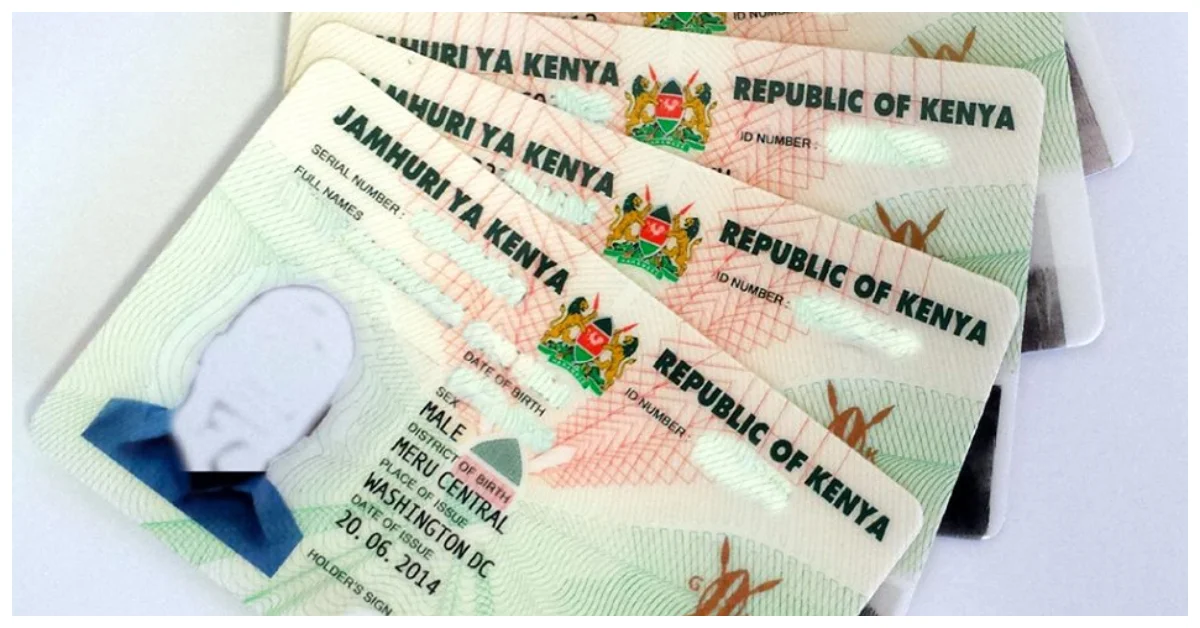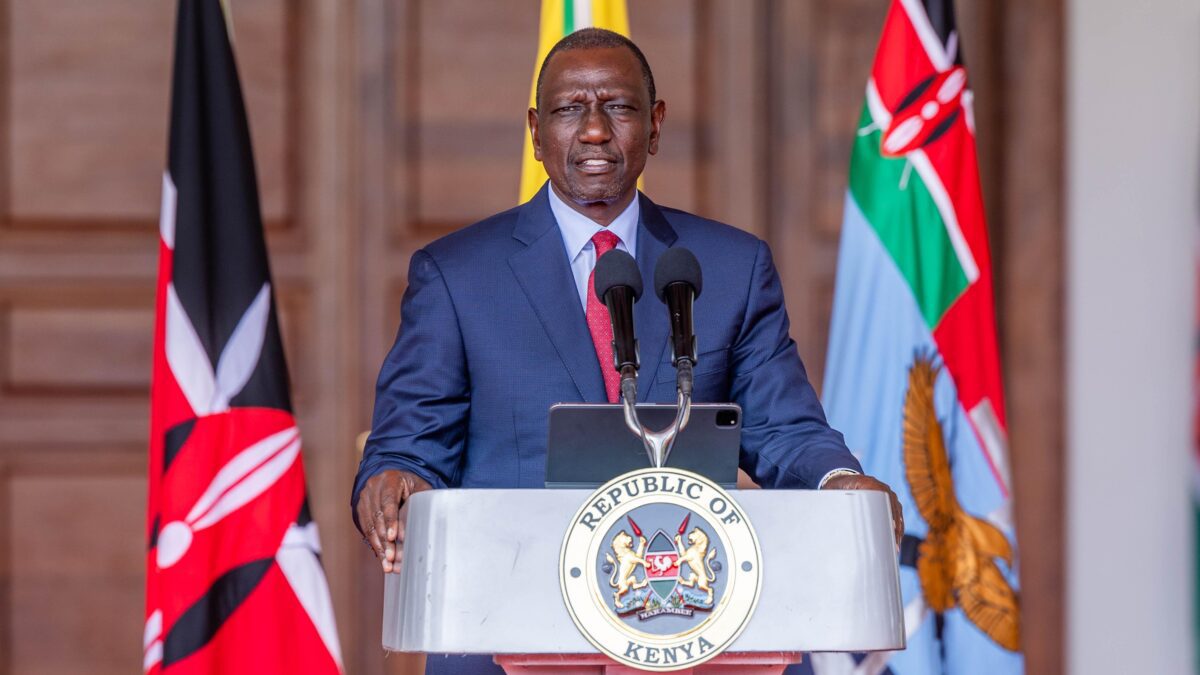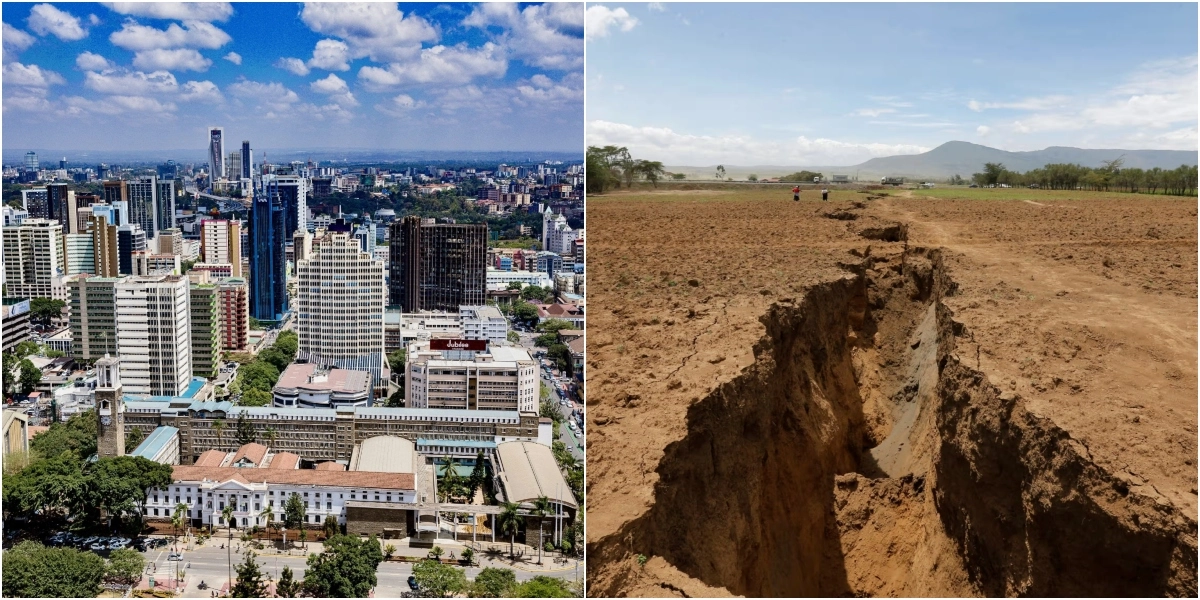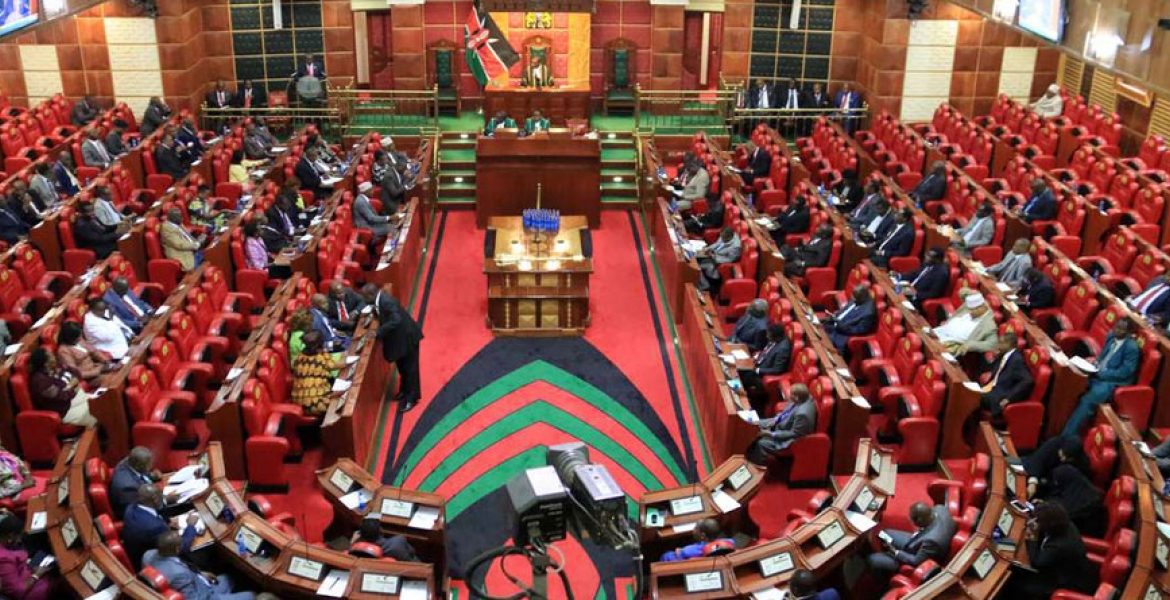Kenya is set to launch the Maisha Card in a bid to revolutionize the process of issuing identification documents, beginning in November this year. This marks the pioneering of a pilot scheme that will introduce digital registration for first-time ID applicants and those seeking replacements for defaced or lost cards. The government aims to test the nation’s readiness for a comprehensive rollout of digital IDs.
“All Kenyans turning 18 years old, regardless of their location in the country, will be issued a Maisha Card as part of this pilot initiative. This will allow us to identify and rectify any errors or issues before a full-scale launch,” stated Immigration and Citizen Services Principal Secretary, Prof Julius Bitok.

The National Registration Bureau receives approximately 10,000 daily applications for first-time IDs nationwide. Additionally, around 5,000 requests for duplicate cards are lodged daily at its offices and Huduma Centers.
Prof Bitok explained that the government is eager to avoid the pitfalls encountered during the introduction of Huduma Namba, a similar digital identification initiative. As a result, the pilot program for Maisha Card aims to gather valuable insights on the prerequisites for a successful mass replacement of existing IDs.
Civil Society representatives, led by Amnesty International (Kenya) Executive Director Irungu Houghton, have pledged their support for public participation and stakeholder forums on digital ID. They presented a memorandum of concerns related to digital ID to Prof Bitok. Their key concerns revolve around data security, data protection, genuine public participation, and the inclusion of marginalized communities.
“While we appreciate the government’s open-door policy in engaging stakeholders on digital ID, there remain areas of concern around data privacy, inclusion, and equitable vetting that need to be addressed,” remarked Houghton.
Read Also: Somalia Takes Digital Leap with Launch of National Identity Card System
The Maisha Card is designed to enhance security and reduce the risk of forgery. It features a microprocessor electronic chip with encrypted data. Furthermore, it supports the creation of a virtual ID, known as Maisha Digital ID, for individuals with smartphones. President William Ruto recently announced the intended pilot of digital IDs, designed to complement online commerce and government service consumption, during the launch of locally manufactured smartphones.
The Maisha Card includes a unique personal identifier (UPI) number, referred to as Maisha Namba. This number will serve as the primary and lifelong reference for registration and identification for cardholders. All newborns will also receive a Maisha Namba for use on their birth certificates and subsequent registration for government services, such as school enrollment and healthcare access. This same number will transition to their Maisha Card upon reaching the age of 18.
Under the proposed plan, the government will gradually phase out the current 2nd generation IDs in favor of the Maisha Card, with the existing ID number converting into a Maisha Namba.
Subscribe to our Youtube channel Switch TV
The rollout of Maisha Namba differs from that of Huduma Number, as it does not involve biometric data collection or require additional funding. The existing budget for person registration will be utilized for the Maisha Namba ecosystem rollout, ensuring cost-effectiveness and efficiency in the adoption of this innovative digital identification system.



































